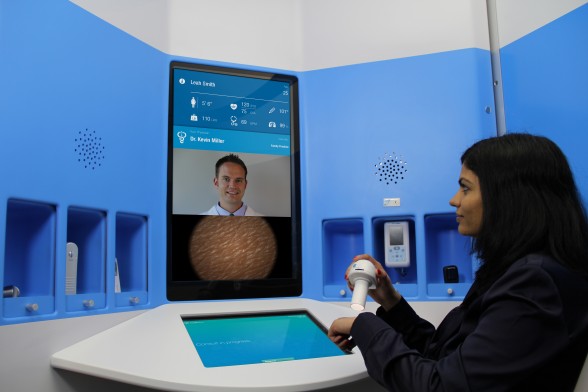
Sticks and stones and snake oil: What will inform next chapter of healthcare IT development?
The healthcare community needs to rethink clinical processes, workflow and the user experience to begin the next phase of IT development.

The healthcare community needs to rethink clinical processes, workflow and the user experience to begin the next phase of IT development.

Every week, we compile the most popular and interesting stories on MedCity News. Among the highlights this week were Rite Aid's acquisition of HealthSpot's assets and a counterargument to a comparison of digital health developers to snake oil salesmen.

Plus, the FDA approves an anti-obesity device that pumps a portion of the stomach's contents into the toilet after each meal, Apple said to be adding HL7 Continuity of Care Document support to iOS 10 and a federal judge allows Illinois hospital mega-merger to proceed.

"From ineffective electronic health records, to an explosion of direct-to-consumer digital health products, to apps of mixed quality. This is the digital snake oil of the early 21st century," American Medical Association CEO Dr. James Madara said.

The idea is to provide a space where healthcare technology can be optimized and new products can be evaluated in simulated medical settings.

The American Medical Association has publicly expressed support for newly announced flexibility in enforcement of ICD-10 rules.

Hear executives from Quantum Health, Surescripts, EY, Clinical Architecture and Personify Health share their views on digital transformation in healthcare.

Andrew Scholnick, a senior legislative representative for AARP, said the lobbying group would like to see a broader use of telemedicine, but stressed that AARP prefers Medicare patients use it as well as seeing their regular doctor.

If the FDA lifted its ban on gay men donating blood, hundreds of thousands of pints would be available every year for patients in need of transfusions, which in turn could save 1.8 million lives per year, according to a new study. The FDA enacted the ban back in 1983, after discovering HIV was being […]

cronyms are popular because they serve the useful purpose of expediting communication, creating a tribal sense of community for those in the know, and conveying the (sometimes false) perception of vast expertise to the uninitiated. There are certain acronyms, however, that strike fear into the heart of the med-tech entrepreneur. Upon mention of these TLAs, the tension in the room is palpable as brains silently begin to revise development timelines, budgets and cash out dates.